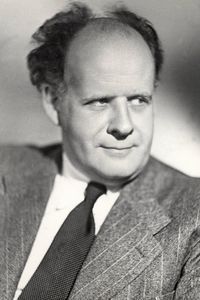Sergei Mikhailovich Eisenstein, a pioneering Soviet Russian film director and film theorist, is often hailed as the "Father of Montage" due to his path-breaking innovations in the realm of cinema. His silent film masterpieces, such as "Strike" (1924),"Battleship Potemkin" (1925),and "October" (1927),are widely regarded as landmarks in the development of the medium. Additionally, his historical epics, including "Alexander Nevsky" (1938) and "Ivan the Terrible" (1944, 1958),are testaments to his versatility and artistic range.
Eisenstein's pioneering spirit and artistic vision, as exemplified through his groundbreaking cinematic masterpieces and insightful literary compositions, left an indelible mark on the evolution of early filmmaking, forever altering the trajectory of the medium.
His revolutionary approach to montage, characterized by the strategic juxtaposition of disparate images and sounds, not only redefined the art of film editing but also inspired a new generation of filmmakers to experiment with the medium.
Through his written works, Eisenstein delved into the theoretical aspects of montage, offering profound insights into the psychological and emotional effects of this cinematic technique on the viewer. His philosophical musings on the subject continue to resonate with filmmakers, serving as a testament to the enduring influence of his artistic innovations.
Today, Eisenstein's innovative approach to montage remains a benchmark for filmmakers seeking to push the boundaries of storytelling and artistic expression. His legacy serves as a reminder of the power of creativity and innovation to shape the course of artistic evolution.
**Next person biography:**
Sergei Eisenstein was born on January 22, 1898, in Riga, Latvia, to a family of Russian immigrants. His early life was marked by a passion for the arts, with a particular emphasis on music and dance.































